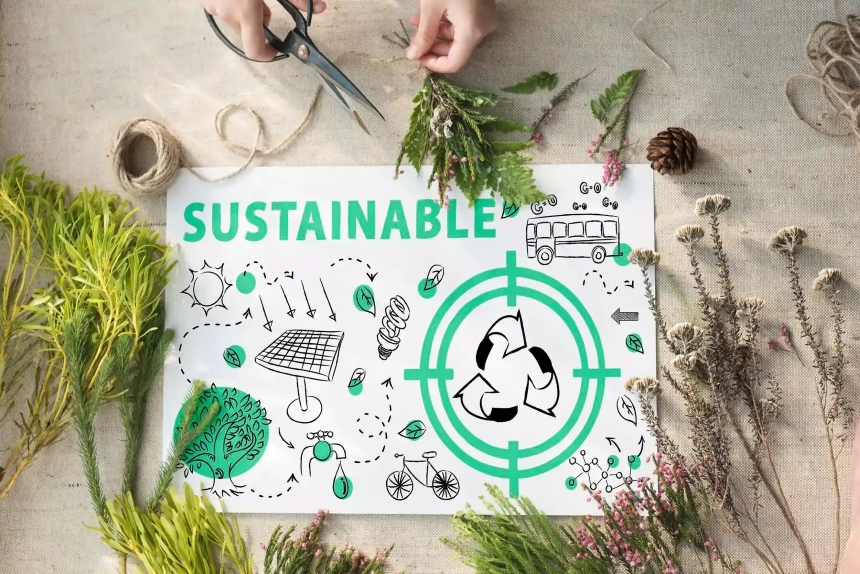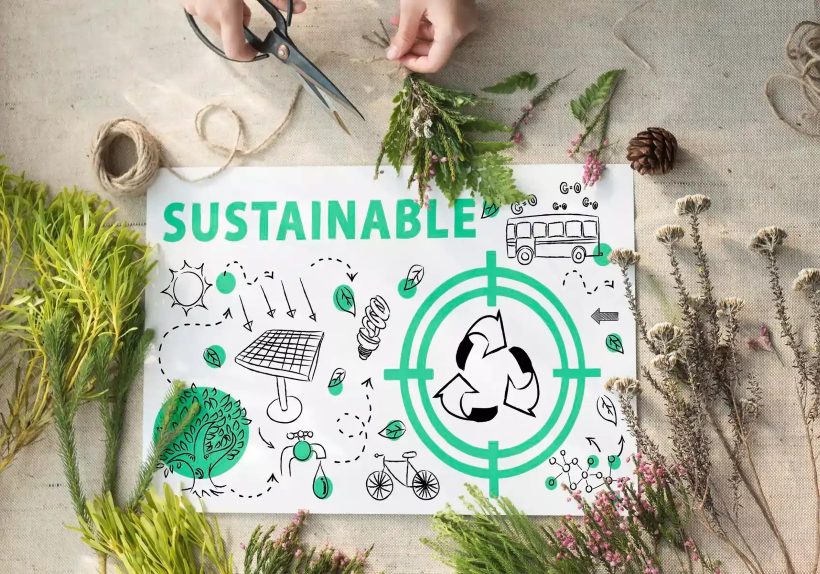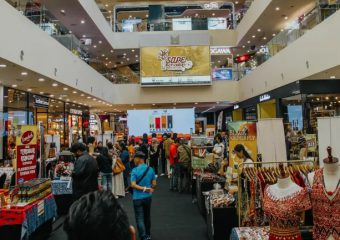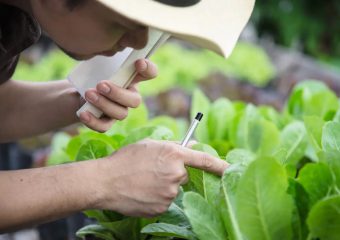The goal of environmental sustainability is to improve the quality of human life without putting unnecessary strain on the earth’s supporting ecosystems (Image credit: rawpixels.com)
The link between human well-being and environmental health is undeniable—a fact rooted deep in Sarawak, where nature’s beauty weaves into people’s lives. Globally, 24% of human deaths result from avoidable environmental factors. As such, it becomes more imperative to champion practices that preserve the environment for future generations.
Understanding Environmental Sustainability
According to the U.N. Environment Programme, environmental sustainability is about making choices that secure an equal or improved way of life for future generations. It involves responsible interaction with the planet to avoid depleting natural resources or compromising the ability of future generations to meet their daily needs. It stands as one of the three pillars of sustainability, alongside economic and social development.
The journey towards environmental sustainability has several challenges. Rapid population growth, unsustainable consumption habits, and limited awareness pose significant barriers. Overcoming these hurdles requires a shift in behaviour from individuals to corporations, focusing on long-term growth and making substantial changes in food production, energy use, and resource utilisation.
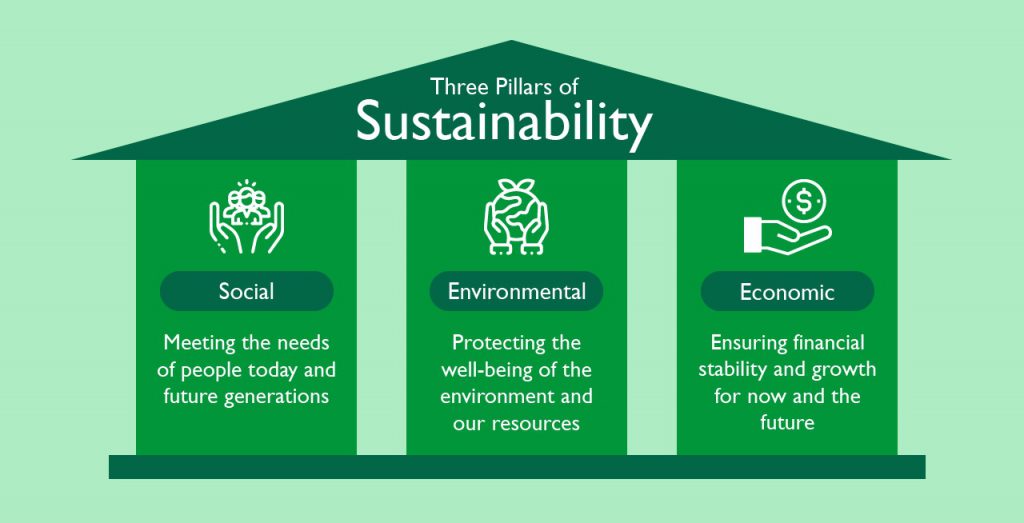
Why Environmental Sustainability Matters
The advantages of embracing environmental sustainability are vast. They range from protecting ecosystems and endangered species to reducing pollution and slowing down the effects of global warming. For businesses, adopting sustainable practices reduces energy consumption and waste, saves money, and enhances their brand image. Subsequently, they can attract higher quality, eco-conscious customers and investors while qualifying for government incentives.
With the increasing realisation that our planet’s resources are finite and the looming threat of climate change, environmental sustainability practices have become more imperative than before. Malaysia similarly faces rising temperatures, changing ecosystems, and vulnerabilities in agriculture, health, and biodiversity that necessitate urgent action. Recognising this need, Sarawak joined the global effort to achieve United Nations Sustainable Development Goal (SDG) No. 13 on “Climate Action” and secure a liveable future for all.
Strategies and Goals for Achieving Sustainability
The overarching goals for achieving environmental sustainability revolve around climate change control, energy independence, circular economy practices, food security, water conservation, natural resource protection, global health improvement, and raising living standards. Renewable energy plays an especially crucial role in achieving these goals by reducing greenhouse gas emissions while supporting multiple sustainability objectives simultaneously.
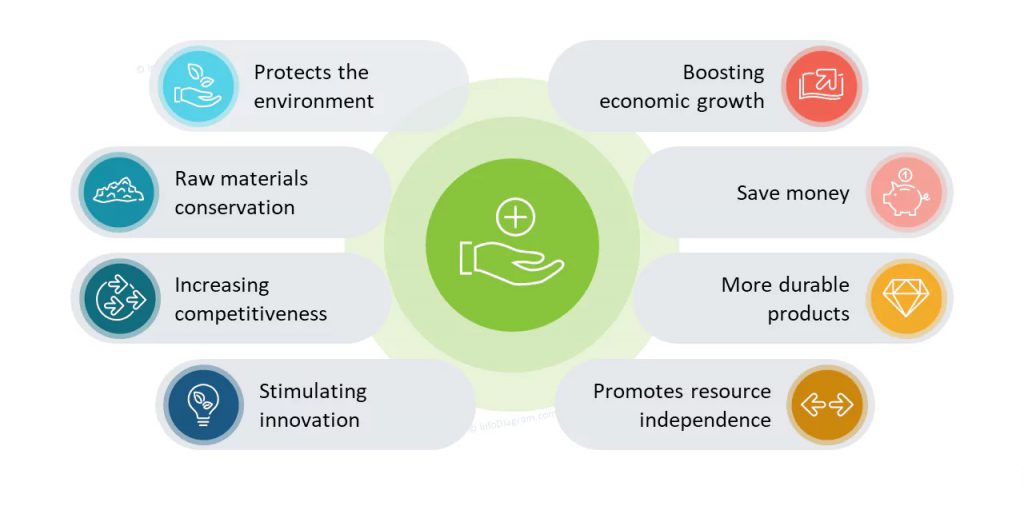
Sarawak’s Commitment to Environmental Sustainability
Recognising the finite nature of its resources, Sarawak is actively working towards a sustainable future by balancing development with environmental preservation.
Significant initiatives include the Kuching Smart City Master Plan, hydrogen production projects, and enacting Malaysia’s first anti-climate change laws like the Environment (Reduction of Greenhouse Gas Emission) Bill 2023. These efforts, aligned with the Post COVID-19 Development Strategy (PCDS) 2030 and the ongoing development of the Sustainable Sarawak Blueprint, underscore Sarawak’s progress in integrating environmental sustainability into the state’s development plans.
Local corporations like Sarawak Energy stand out as regional leaders, with over 75% of their energy coming from sustainable sources. The state’s emphasis on low-carbon solutions and a green and circular economy has earned recognition from international rating agencies, positioning it as a regional leader in innovation and a high-tech-based economy.
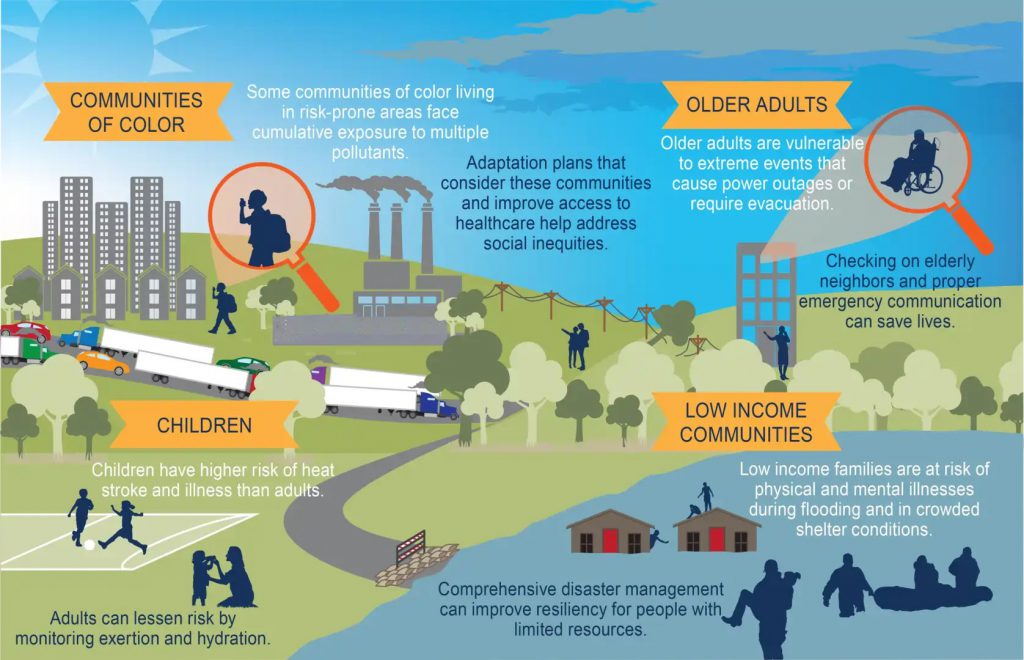
The Premier of Sarawak emphasises that incorporating environmental sustainability into economic recovery efforts protects the environment and attracts sustainable investments, fostering growth in the green economy. As cities generate 80% of global GDP and 75% of greenhouse gas emissions, nature-positive solutions are necessary for urbanisation to negate extreme weather risks. As such, Sarawak aligns its development strategies with environmental sustainability to achieve high-income status by 2030 without compromising its natural resources.
The journey towards sustainability continues beyond corporations and government bodies. Reaching the global sustainability goals requires the active involvement of every community. More than ever, waste management, recycling, and community education on environmental issues are becoming more critical. Everyone can contribute by adopting sustainable lifestyle changes, such as reducing water usage, minimising single-use plastic, and supporting local businesses.
Achieving environmental sustainability in Sarawak is a collective endeavour. The state’s commitment and the active participation of communities and individuals pave the way for a harmonious coexistence between progress and environmental health. As Sarawak moves towards becoming a developed state, integrating sustainability into every facet of life ensures a legacy that future generations can proudly inherit.
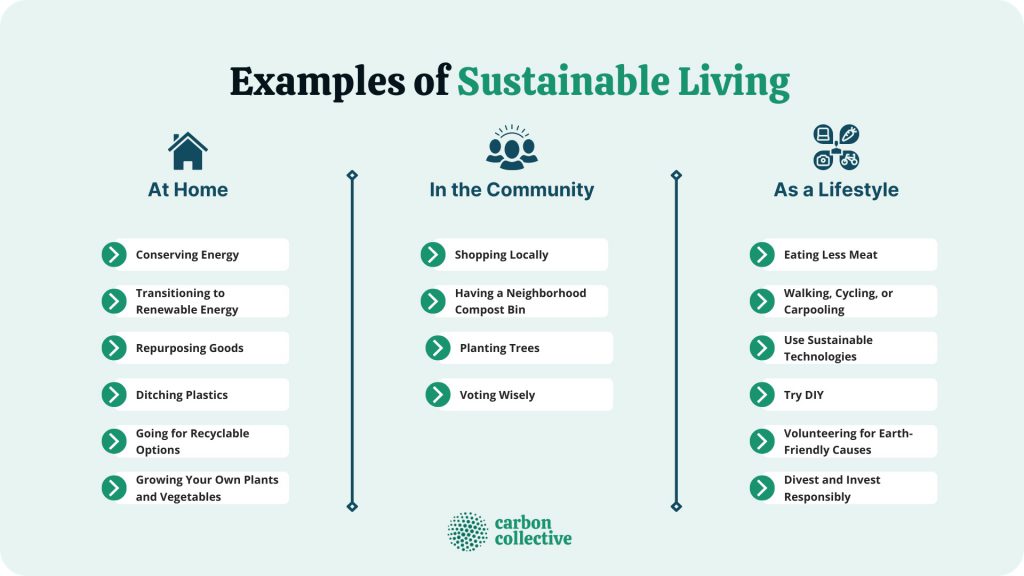
References
- Sarawak Energy 10 Year Integrated Tree Planting, Protection & Habitat
- Sustainability and Corporate Social Responsibility
- Community awareness key role in achieving Sarawak’s Sustainable Development Goals, says Dr Sim Kui Hian
- Sarawak to achieve developed status without jeopardising environment
- Premier: State’s commitment to sustainable devt attracting global attention, investments
- Environmental Sustainability: What It Means & Why It Matters
- WHO and UN partners’ compendium of 500 actions aims to reduce diseases from environmental factors and save lives
- How has the world’s urban population changed from 1950 to today?
- The risks of rapid urbanization in developing countries
- Sustainable Development Goals (SDG) Indicators Malaysia 2019
- Kuching Smart City Master Plan
- Sarawak targets role as key producer and exporter of green hydrogen
- Post COVID-19 Development Strategy (PCDS) 2030
- Moody’s, Standard and Poor reaffirm Sarawak’s A3 and A- rating, says Deputy Premier
- Sustainable Living: What is it, Definition & Examples
